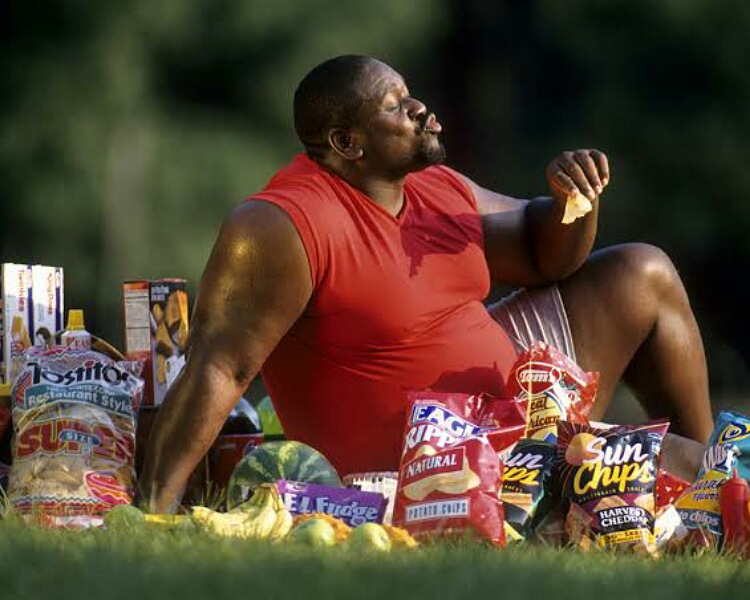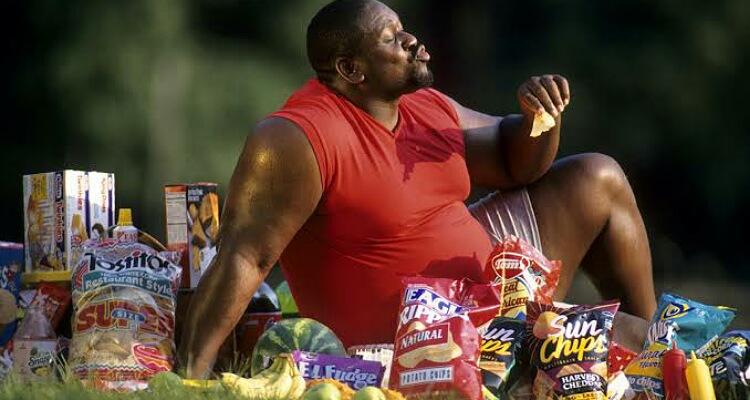Athletes need energy to perform. They are no doubt active. But they are also into a lot of junk foods and sugary fizzy drinks.
This is not good for them. Which are the eating habits that might prove bad for them and hence they should avoid them?
Athletes and their eating habits
Athletes and young people involved in sports are active. A review study in Current Sports Medicine Reports in 2011 revealed that though people in youth sports are energetic, they are more likely to eat junk foods and sweetened sugary beverages.
Good eating habits make a person fit and improve his or her field performance. Whereas on the other hand if an athlete has bad eating habits, they hamper his or her growth and strength. Agility and performance also suffer.

To be on the forefront always, athletes should adhere to healthy eating and avoid the wrong eating habits outlined below.
1. Skipping breakfast
Breakfast is the first and major meal of the day. It should be adequate and wholesome. Almost a third of teens skip breakfast. This would affect their growth and sports performance.
The same holds for athletes. Breakfast is required for the workouts and training that is usually in the morning hours. Additionally, breakfast provides athletes with the energy to keep agile and focused.
It is best to wake up early, prepare breakfast the day before, or have an easy-to-cook breakfast such as toast, eggs, oatmeal, or yogurt. Fruits are also good at this time, especially avocados.
2. Light lunch
Avoid launching light. Just a salad or soup or sandwich is insufficient. The lunch should be adequate and rich in proteins and complex carbs.
Whole grain bread with fruits and vegetables and salad are healthy. They also provide vitamins and minerals that are so vital for the nerves and muscles.
3. Binge eating or overeating

When a young athlete omits day meals or has their light, he or she is bound to overeat at dinnertime. This eating more in a short time damages the digestive system and metabolism. Eat equally during the day and avoid loaded dinners.
Overeating at night leads to weight gain and also upsets the morning appetite. This makes the athlete skip morning breakfast. And the cycle continues.
This vicious cycle should be interrupted for the overall well-being of the athlete. It affects training and competition.
4. Eating unhealthy
Often, athletes consume unhealthy foods such as candies, ice cream, sweetened beverages, muffins, cookies, chips, or white bread. Having these in large amounts is bad for the athlete.
These foods do not provide enough proteins and can lead to other health issues of the chronic type in them. Having these foods once in a while during the off day is okay. But it should not become part of the daily routine diet.
Therefore consuming the right and healthy foods and downsizing the unhealthy foods in their diet will improve their performance and scores.
Read more: Plant-based foods: 6 athletes who have embraced it with no deterioration in their performance!

5. Inadequate fluids
Athletes exercise and train a lot. This leads to more perspiration. And there is a loss of fluids. These lost fluids should be replenished. If not, there would be tiredness, headaches, and a false feeling of hunger.
Athletes should not forget to drink fluids. Carry a water bottle during practice and keep drinking in between to make up for the loss of fluids from the body. This will make them feel better and enhance their performance.
